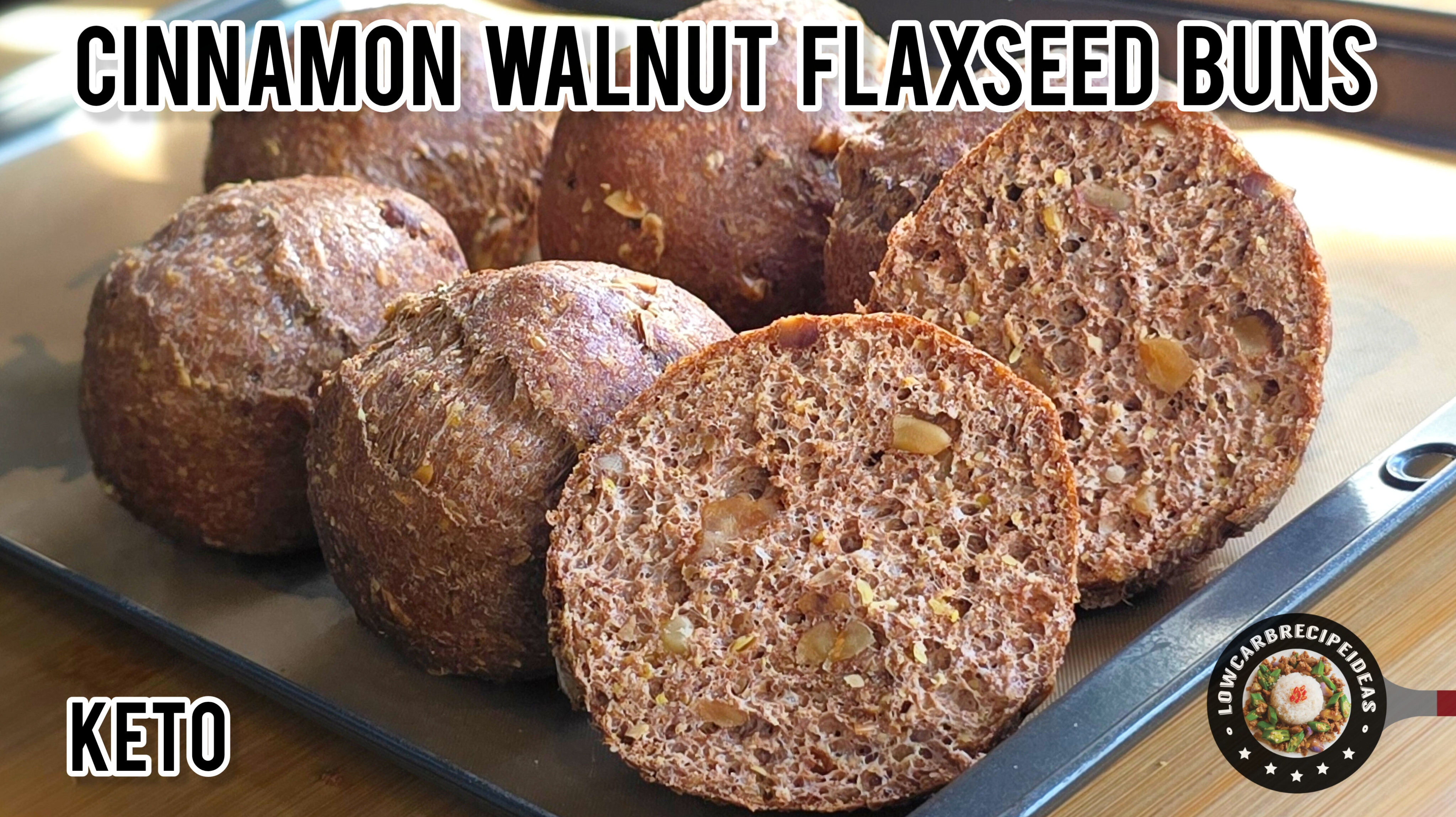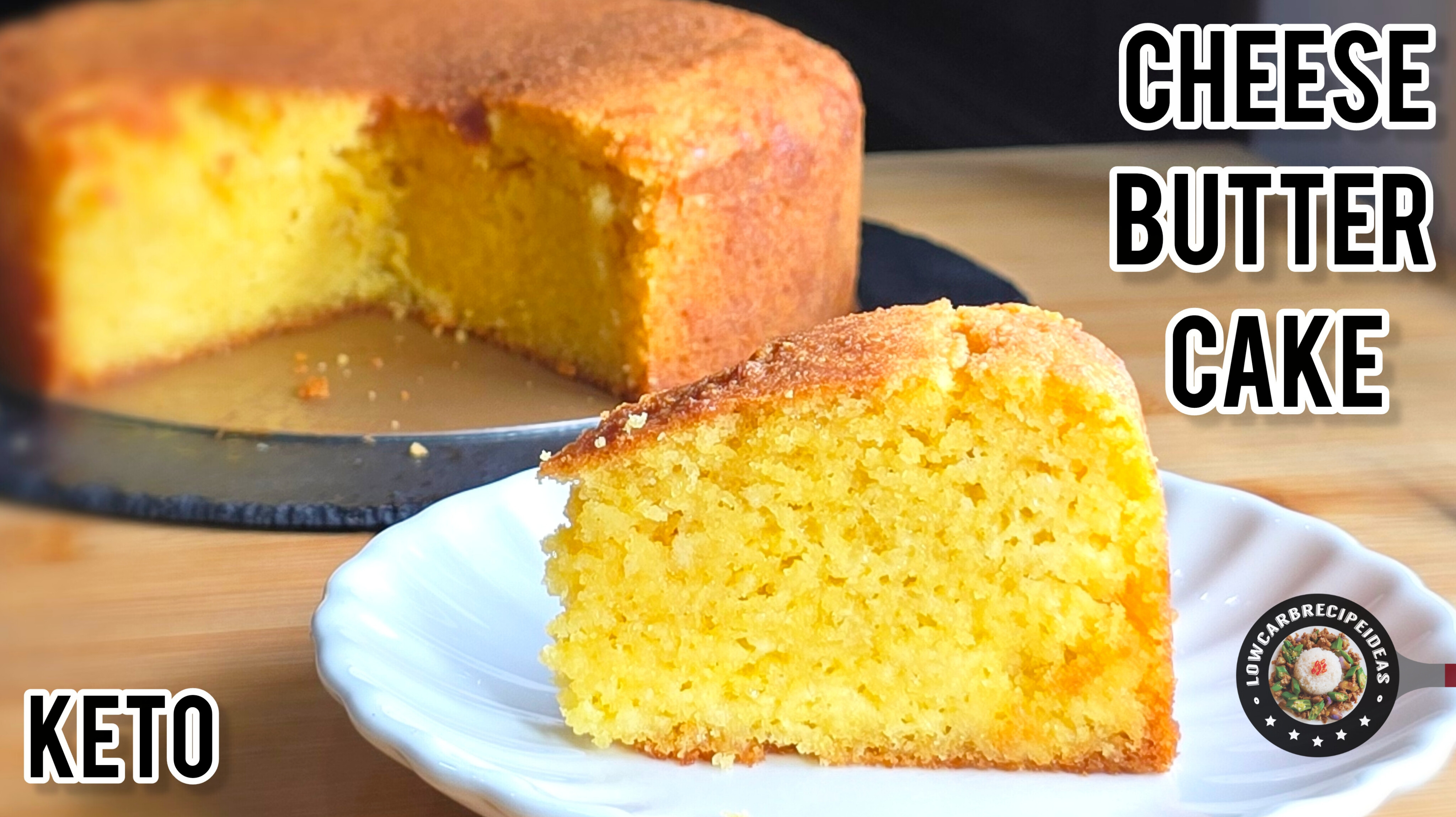Psyllium Husk VS Powder - Which is more effective?
This tutorial video is to show you the differences between psyllium husk and powder. I have been receiving comments here such as “why is my bread heavy, dense, wet, and sticky?” or “why is my bread hollow on top and dense at the bottom?” or “why did my bread not rise?” or “why did my bread turn purple?” These are some of the common problems faced with keto bread, and using too much psyllium husk is one of the main causes. I discovered that quite a lot of people are using pre ground psyllium powder as it is more convenient. But there seems to be a lack of understanding about the differences between psyllium husk and powder, which is huge. Even though psyllium powder is more convenient, but it is super fine and concentrated. Hence, only a small amount is required. Most keto bread recipes provide measurement for psyllium husk based on self-ground husks (even though it's stated as ground psyllium husk). So, if a recipe calls for 27 g or 3 tbsp of self-ground psyllium husk and you use the exact same measurement for psyllium powder, the bread will be super dense, wet and sticky or the bread may fail and not rise properly. I have been using self-ground psyllium husks all along because it is more suited for baking. But until recently, I started to experiment with psyllium powder as I wanted to provide a correct measurement so that you will have more success with your keto bread. Thanks to one of my subscribers here who gave me feedback that she had to reduce psyllium powder until 1 tsp, then only the bread turned out fine, so that really helped with my experiments. The dough may be soft, but it is fine as you can just pour it into the loaf pan. But if you are making keto buns that need to be shaped, you may need more than 1 tsp to get a firmer dough. So, I would suggest that you work backwards by adding 1 tsp of psyllium powder with the same amount of water in the recipe and gradually add a tiny bit more of the powder until the dough is just firm enough for shaping. So, what is Psyllium husk? It is actually a plant based natural fiber. It acts exactly the way gluten does, as “glue”. Hence, it is a binding agent to hold everything together and provide elasticity to shape the dough. It also makes the bread more bread-like. Without it, the bread will be crumbly with cake-like texture. Certain psyllium husk may turn purple without affecting the taste, so if you experience this, you just need to try another brand and stick to it if it gives you good results. If you are wondering why we add hot or boiling water for keto bread using psyllium husk, it is to activate its glue properties, and as a result, the dough will bulk up. it's important to note that the psyllium husks should be weighed after grinding.






